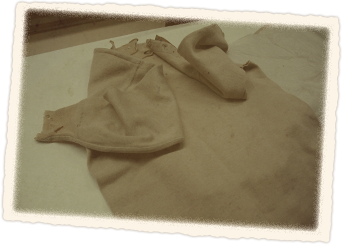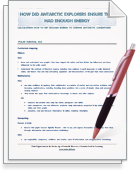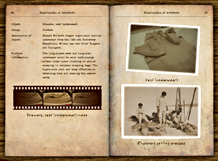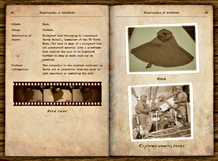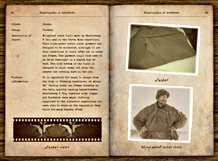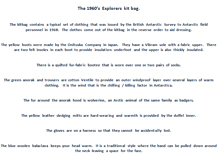Lesson 2: How did Scott's explorers
keep warm in Antarctica? Key Stage 2 & Key Stage 2: History
Investigating clothing worn by polar explorers on Scott's expeditions
Keeping warm in the extreme cold.
How do you keep warm when temperatures are usually below zero degrees and often significantly lower?
Early polar explorers had to wear many layers of natural fibre clothing, which gave rise to a number of problems.
Explorers would be used to their clothes being cold and frozen and uncomfortable, but as they wore the garments through the day they would warm up and the clothes would become comfortable again.
Download lesson plan:
Purpose of study:
Science - Are equipped with the scientific knowledge required to understand the uses and implications of science, today and for the future.
English - Are competent in the arts of speaking and listening, making formal presentations, demonstrating to others and participating in debate.
| National Curriculum Aims / Attainment Targets | Activity focus |
|---|---|
Science:
KS1 – Everyday materials
|
|
English:
Spoken language
|
|
